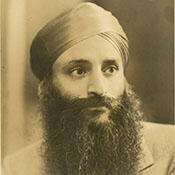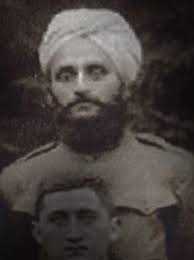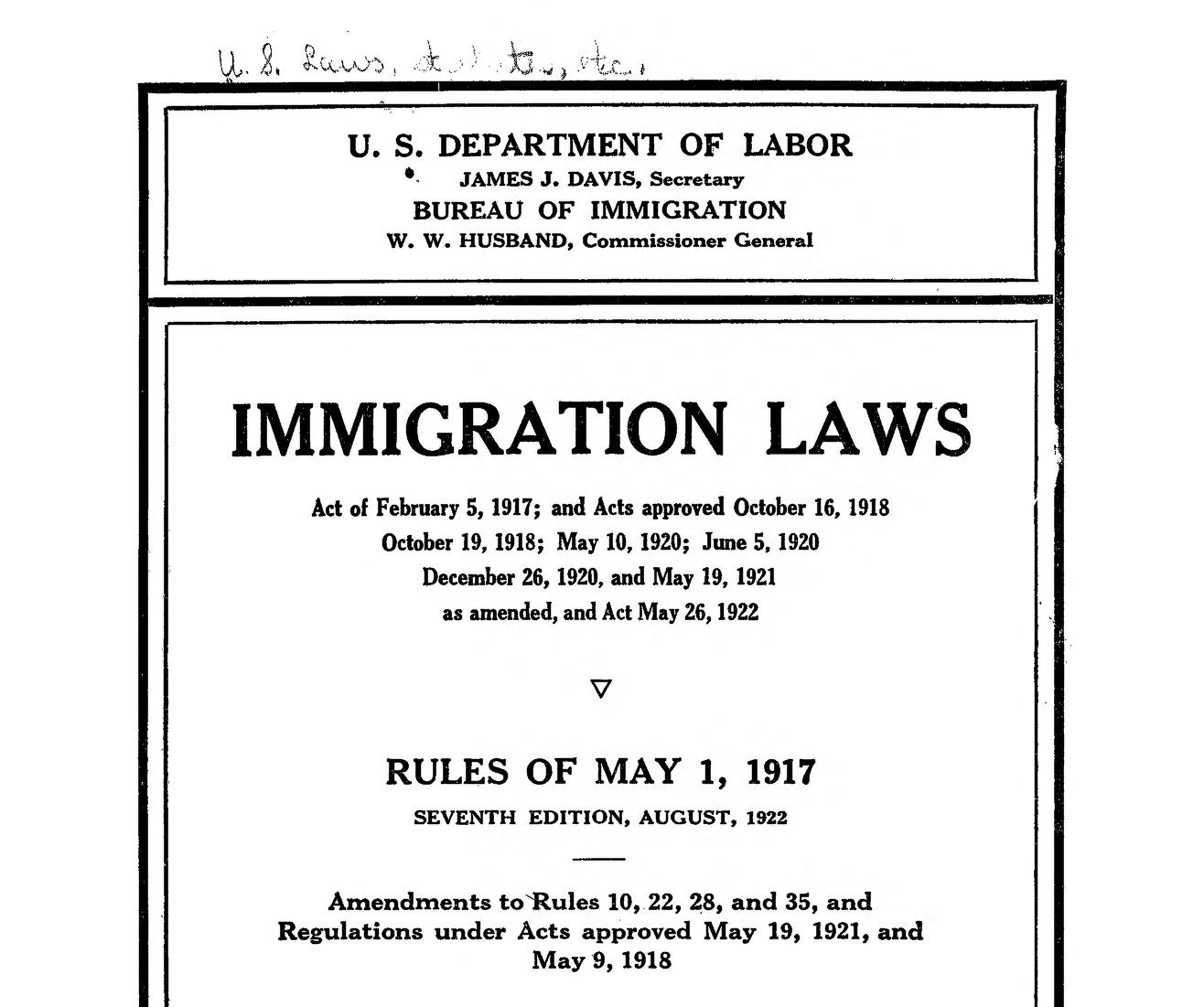The Struggle for Immigrant Rights:
Failures and the Fight for Justice
Rights and Responsibilities in History
National History Day 2025
United States vs. Baghat Singh Thind
Born into a Punjabi Sikh family on October 3, 1892, in British India, Bhagat Singh Thind was destined for a greater cause. In 1913, he joined the 7,000 others who fled British rule to seek higher destinies in the United States. Thind settled in Oregon and worked in the lumber industry until he was drafted into World War I. He was honorably discharged in December of 1918.



Harvard: The Pluralism Project PAFA Digital Archives India Currents Post Courtsey of 2017 Archives Coutrsey of D. Ross Courtsey of VA News
First & Second U.S. Citizenship
On December 9th, 1918, Thind received his U.S. Citizenship, only for it to be revoked a few days later. The Bureau of Nationalization disagreed with the district court's decision to grant him citizenship because Thind’s nationality was listed as Hindu and because he did not qualify as a ‘white’ man.
Thind applied for citizenship for the second time on May 6, 1919, this time in the state of Oregon. The Bureau of Nationalization opposed his application due to his affiliation with the Ghadar Party and his involvement in anti-imperialistic politics. However, the judge overseeing Thind's case took note of his military service and ultimately granted him naturalization.
"Revolution is an inalienable right of mankind. Freedom is an imperishable birthright of all"
- Bhagat Singh ThindViswajeet Deshmukh speaks about Thind posing a threat to colonial Britain. Interview with J. Deeshmukh; conducted by Yatee B. & Aashritha A. on Jan 25 2025
Supreme Court Appeal
The Bureau of Nationalization appealed against the judge’s decision and took the case to the Supreme Court, with the following questions:
1. "Is a high-caste Hindu, of full Indian blood, born at Amritsar, Punjab, India, a white person within the meaning of 2169 Revised Statutes?
2. "Does the Act of February 5, 1917 (39 Stat. 875, § 3) disqualify from naturalization as citizens those Hindus now barred by that
act who had lawfully entered the United States prior to the passage of said act?"
The response from Thind's attorney, Sakharam Pandit, was an argument regarding the implications of the Immigration Act of 1917. Pandit contended that while the Act effectively restricted further immigration to the United States, it did not inherently revoke or deny citizenship rights to immigrants already residing within the country.
Supreme Court Justice George Sutherland ultimately denied naturalization, asserting that the first question still required clarification. The initial argument positing that the term "Caucasian," synonymous with "white," encompassed those of Aryan descent—including South Asians—was refuted by the claim that the common man’s definition of "white" did not apply to Indians.

Buerua of Naturalization, Immigration Act of 1917; Act: Feb 5, 1917; courtsey of Library of Congress
"No State shall make or enforce any law which shall abridge the privileges or immunities of citizens of the United States; nor shall any State deprive any person of life, liberty, or property, without due process of law ."
- 14th Ammendment to the U.S. Constitution: Rights (1868)
Aftermath
In the wake of the Thind decision, seventy other Indians had their citizenship revoked. Consequently, the Indian immigrant population in the United States decreased, and other Asian Americans faced legal repercussions. The ramifications of the U.S. vs. Thind case continue to resonate within the South Asian community today, highlighting a concerning recurrence of historical patterns. With the current state of the world, the right to citizenship has again risen a tense and ongoing debate. While many see United States citizenship as a privilege and not a right, this due is unjustly restricted. As without the Fourteenth Amendment, this conversation shifts from a matter of desire into a fundamental issue of rights that must be preserved.